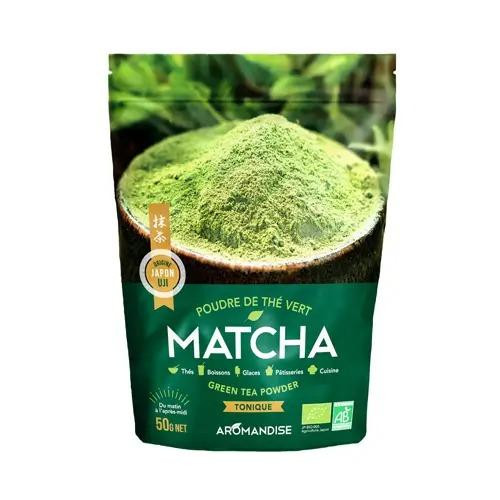The Rising Popularity and Benefits of Matcha Tea
In recent years, matcha tea has gained worldwide recognition not just as a beverage but as a superfood packed with health benefits. Originating from Japan, this powdered form of japanese green tea is carefully grown, harvested, and stone-ground to preserve its vibrant green color and high nutritional value. Today, it is enjoyed globally in lattes, desserts, smoothies, and even skincare products, making it much more than just a traditional drink.
Unlike regular green tea, matcha tea is made from shade-grown leaves, which increases chlorophyll content and antioxidants. This cultivation process is unique to japanese green tea, giving matcha its distinctive taste and nutritional profile. The fine powder allows people to consume the whole leaf instead of just steeping it, which means they receive higher concentrations of beneficial compounds such as catechins and L-theanine.
One of the reasons people are switching to matcha tea is its ability to provide calm energy. Unlike coffee, which often causes jitters, this form of japanese green tea delivers a steady release of caffeine combined with L-theanine, an amino acid that promotes relaxation and mental clarity. This makes matcha a favorite among professionals, students, and health-conscious individuals who want focus without the crash.
Another major benefit of matcha tea is its antioxidant content. Catechins, particularly EGCG (epigallocatechin gallate), help fight free radicals and reduce oxidative stress. Among all types of japanese green tea, matcha is considered the most potent source of antioxidants, supporting cardiovascular health, lowering inflammation, and potentially aiding in cancer prevention.
Weight management is also a reason many people incorporate matcha tea into their daily routine. Research suggests that the unique compounds in this japanese green tea may boost metabolism and enhance fat oxidation, making it a natural aid for those looking to maintain a healthy weight. Combined with a balanced diet and regular exercise, matcha becomes a powerful ally for overall wellness.
Beyond its health benefits, matcha tea has a rich cultural history. In Japan, it is deeply tied to the traditional tea ceremony, representing mindfulness, respect, and tranquility. This heritage makes japanese green tea more than just a drink—it becomes an experience that connects people to centuries-old rituals and values.
Culinary uses of matcha tea have also expanded in recent years. From matcha ice cream and cakes to savory dishes, chefs worldwide are experimenting with this form of japanese green tea to add both flavor and nutritional value. Its slightly bitter, earthy taste pairs well with sweet and creamy ingredients, making it versatile in modern kitchens.
For those concerned about detoxification, matcha tea is often recommended because of its high chlorophyll levels. This natural compound helps the body eliminate toxins while promoting better digestion and skin health. Compared to other varieties of japanese green tea, matcha is one of the most effective natural detoxifiers available.
The preparation of matcha tea also sets it apart. Traditionally whisked with hot water using a bamboo chasen, the ritual itself encourages mindfulness. Drinking this japanese green tea slowly, rather than rushing through it, fosters a sense of calm and presence—benefits that extend beyond physical health.
In conclusion, matcha tea is more than just a trendy beverage—it is a centuries-old elixir with incredible health, cultural, and culinary significance. As the finest form of japanese green tea, it continues to win hearts around the globe for its ability to nourish the body, calm the mind, and enrich daily living.

Comments
Post a Comment